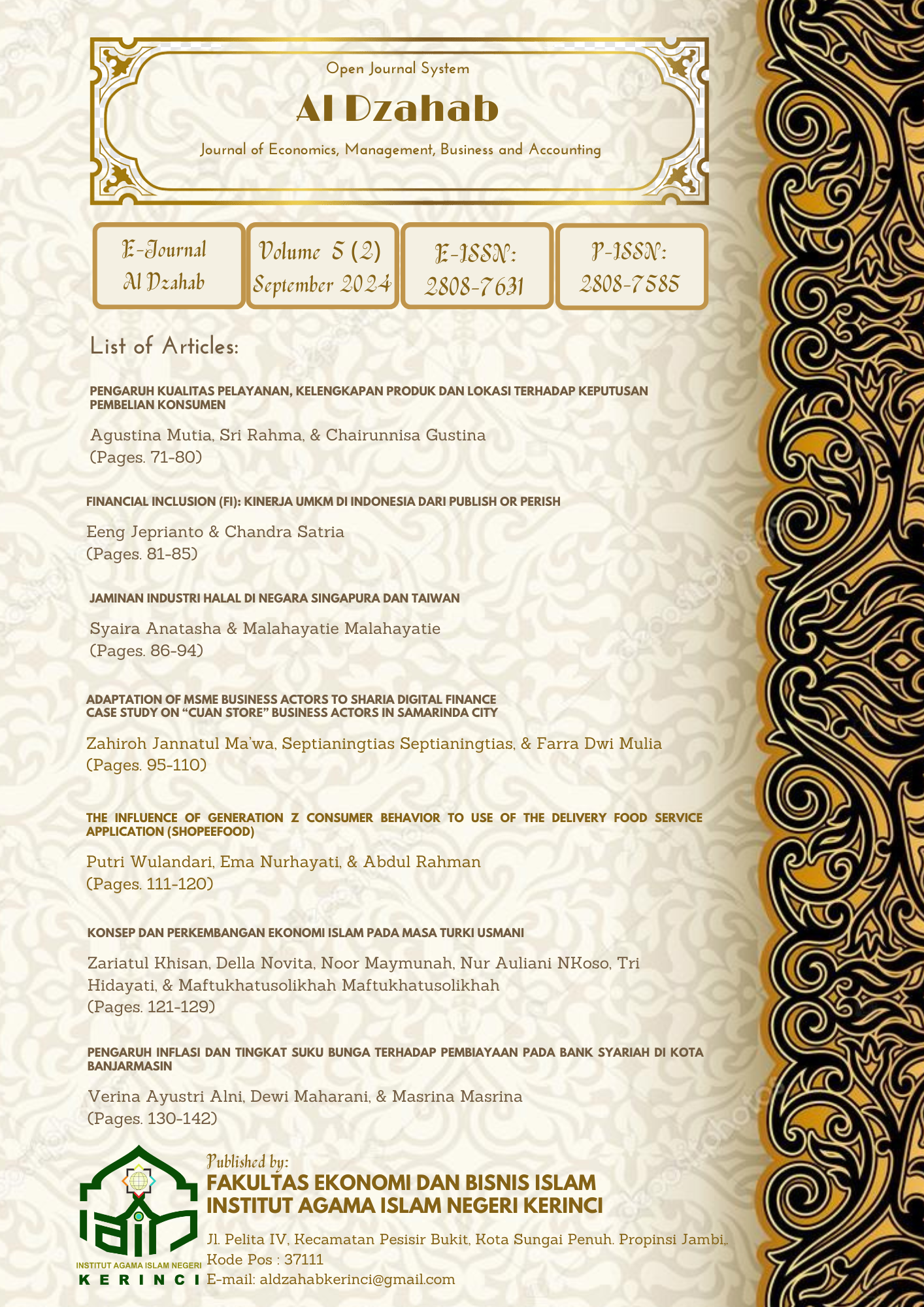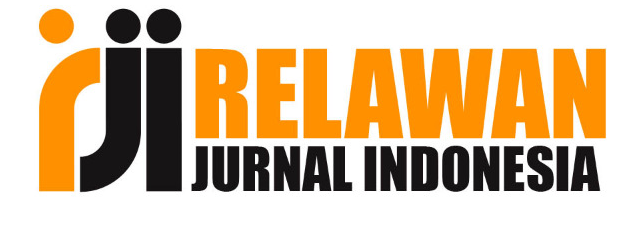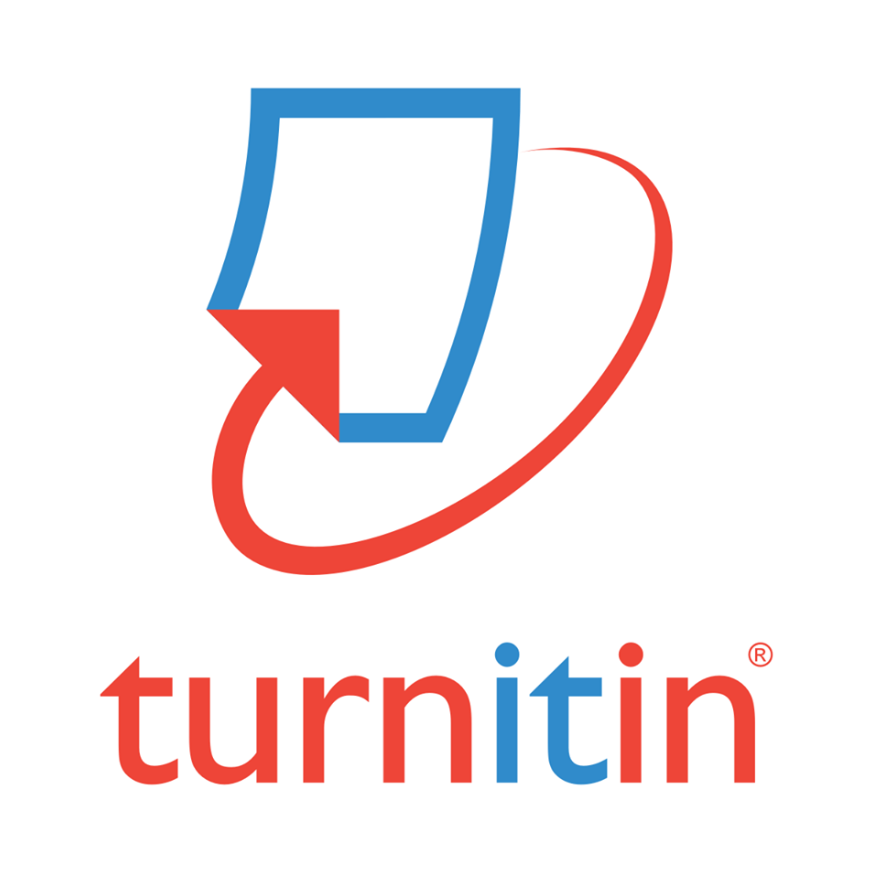JAMINAN INDUSTRI HALAL DI NEGARA SINGAPURA DAN TAIWAN
DOI:
https://doi.org/10.32939/dhb.v5i2.3908Keywords:
Halal Industry Assurance, Singapore, Taiwan, Halal ProductsAbstract
Purpose: This study examines and compares the halal assurance processes in Indonesia, Taiwan, and Singapore. In addition, this study aims to assess the consequences of each system on the growth of the halal sector on a global and regional scale.
Design/Methodology/Approach: This research utilises a comparative case study methodology with a qualitative approach. Through the investigation of official documents, data was collected. Regulations, certification requirements, and industry reports from each country were analyzed in the documents. Manufacturers, customers, and representatives from halal certification authorities were interviewed. To gain a first-hand understanding of the certification process and the application of regulations, field observations were also conducted.
Findings: The findings show that Singapore, Taiwan, and Indonesia have different strategies for implementing halal assurance. Majlis Ugama Islam Singapura (MUIS) in Singapore operates a rigorous and globally renowned certification program. Taiwan concentrates on food and cosmetic products through the Taiwan Halal Integrity Development Association (THIDA). With the support of the world's largest Muslim community, Indonesia, the Halal Product Guarantee Agency (BPJPH), has established a comprehensive and integrated system. These different strategies affect the efficacy of halal products and consumer confidence in each country.
Research Implications: The results of this study show how harmonization of international halal certification and standards can improve consumer confidence and increase international trade in halal goods. In addition, by incorporating best practices from other countries, policymakers and industry players can improve their halal assurance systems with the help of this study. This harmonization can guarantee more reliable halal products to Muslim consumers around the world and improve the global halal market position.
Downloads
References
Afni Regita Cahyani, R. Z. A. (2022). Competitive advantage industri pariwisata halal singapura dalam berdaya saing di asia tenggara. 7(1), 54–77. https://doi.org/10.24198/intermestic.v7n1.4
Charity, M. L. (2017). Jaminan Produk Halal di Indonesia. Jurnal Legislasi Indonesia, 14(1), 99–108.
Diah, M. (2021). Tingkat Penerimaan Konsep Produk Makanan Halal Dikalangan Konsumen Non-Muslim Di Taiwan. … (Jurnal: Sains, Teknologi, Ekonomi, Sosial Dan …, 5(3), 12–16. http://journal.umuslim.ac.id/index.php/ltr2/article/view/516
Esfandiari, F., & Al-Fatih, S. (2022). Optimalisasi Regulasi Jaminan Produk Halal & Sertifikasi Halal LPPOM MUI untuk Produk Minuman Herbal. Aksiologiya: Jurnal Pengabdian Kepada Masyarakat, 6(1), 137. https://doi.org/10.30651/aks.v6i1.11759
Faridah, H. D. (2019). Sertifikasi Halal di Indonesia: Sejarah, Perkembangan, dan Implementasi. Journal of Halal Product and Research, 2(2), 68–78.
Putra, M. A., & Sarmigi, E. (2024). The Influence Of Products And Promotions On Customers'decisions To Select Products At Pt. Prudential Life Assurance Syariah In The Sungai Penuh City. Al Fiddhoh: Journal of Banking, Insurance, and Finance, 5(1), 40-47.
Rifa’i, M. N. (2018). Promosi Makanan Halal di Kota Taipei, Taiwan. FALAH: Jurnal Ekonomi Syariah, 3(1), 111. https://doi.org/10.22219/jes.v3i1.6515
Saepudin, E. (2022). Ekosistem Industri Halal. In Proceedings Series on Social Sciences & Humanities (Vol. 5). https://doi.org/10.30595/pssh.v5i.420
Safitri, D. (2022). Pengembangan Wisata Halal Oleh Pemerintah Singapura Untuk Menarik Minat Wisatawan Indonesia. Jom Fisip, 9(1), 1–16. https://www.jawapos.com/wisata-dan-
Sapti, M., Pancapalaga, W., Widari, W., Rambat, R., Suparti, S., Arquitectura, E. Y., Introducci, T. I., 赫晓霞, Iv, T., Teatinas, L. A. S., Conclusiones, T. V. I. I., Contemporáneo, P. D. E. U. S. O., Evaluaci, T. V, Ai, F., Jakubiec, J. A., Weeks, D. P. C. C. L. E. Y. N. to K. in 20, Mu, A., Inan, T., Sierra Garriga, C., … Evvyani, L. (2019). Pengembangan Halal Tourism Oleh Pemerintah Taiwan Dalam Rangka Menyasar Wisatawan Muslim Asal Indonesia. Jurnal Sains Dan Seni ITS, 53(1), 1689–1699. https://www.infodesign.org.br/infodesign/article/view/355%0Ahttp://www.abergo.org.br/revista/index.php/ae/article/view/731%0Ahttp://www.abergo.org.br/revista/index.php/ae/article/view/269%0Ahttp://www.abergo.org.br/revista/index.php/ae/article/view/106%0A
Sarmigi, E., Syukrawati, S., Azhar, A., Desiana, D., & Ramadani, D. F. (2023). Analysis of the Management of Interest-Free Loans by the National Amil Zakat Agency of Sungai Penuh City for the Development of Micro, Small and Medium Enterprises. Jurnal I-Philanthropy: A Research Journal On Management Of Zakat and Waqf, 3(1), 46-55.
Sarmigi, E., Fitria, S., Wahyuni, E. S., Desiana, D., & Ashari, A. D. (2023). Students' Interest in Using SIPINTAR Savings Products from PT. Kerinci Community Development Cooperative Bank: A Review of Promotion and Service Quality. Journal of Business Management and Islamic Banking, 2(2), 19-28.
Sayekti, N. W. (2014). Jaminan Produk Halal dalam Perspektif Kelembagaan. Jurnal Ekonomi Dan Kebijakan Publik, Vol. 5 No.(November), 193–209. http://id.portalgaruda.org/?ref=author&mod=profile&id=583667
Sulaiman, N. S., Islam, U., Sharif, S., Hashim, N., Thayyiban, H., Islam, U., & Sharif, S. (2021). Halal Certification Value Chain in Brunei Darussalam. August. https://doi.org/10.21107/dinar.v8i2.10814
Sulistiani, S. L. (2018). Analisis Maqhasyid Syariah dalam Pengembangan hukum Industri Halal. Jurnal Law and Justice, 3, 91–97.
Suwardi, & Billah, M. E. M. (2021). Undang-Undang Jaminan Produk Halal Sebagai Bentuk Internalisasi Nilai Syari’Ah Dalam Hukum Nasional. Jeblr, 1(2), 72–81. https://jdih.bsn.go.id/produk/detail/?id=15&jns=2
Syarif, D., Wahyu, W. D., Syukawati, S., Mailindr, W., & Sarmigi, E. (2024). Literature Review Riset peran Maqasyid Syariah di Perbankan Syariah Indonesia. EKOBIS SYARIAH, 8(1), 10-14.
Yasmin, A., Sarmigi, E., & Putra, E. (2024). The Effects of Millennial Behavior and Perceptions on Interest in Sharia Mobile Banking and the Implications of Continuance Intention. BISNIS: Jurnal Bisnis dan Manajemen Islam, 12(1), 23-44.
Downloads
Published
How to Cite
Issue
Section
License
Copyright (c) 2024 Syaira Anatasha, Malahayatie Malahayatie

This work is licensed under a Creative Commons Attribution 4.0 International License.













